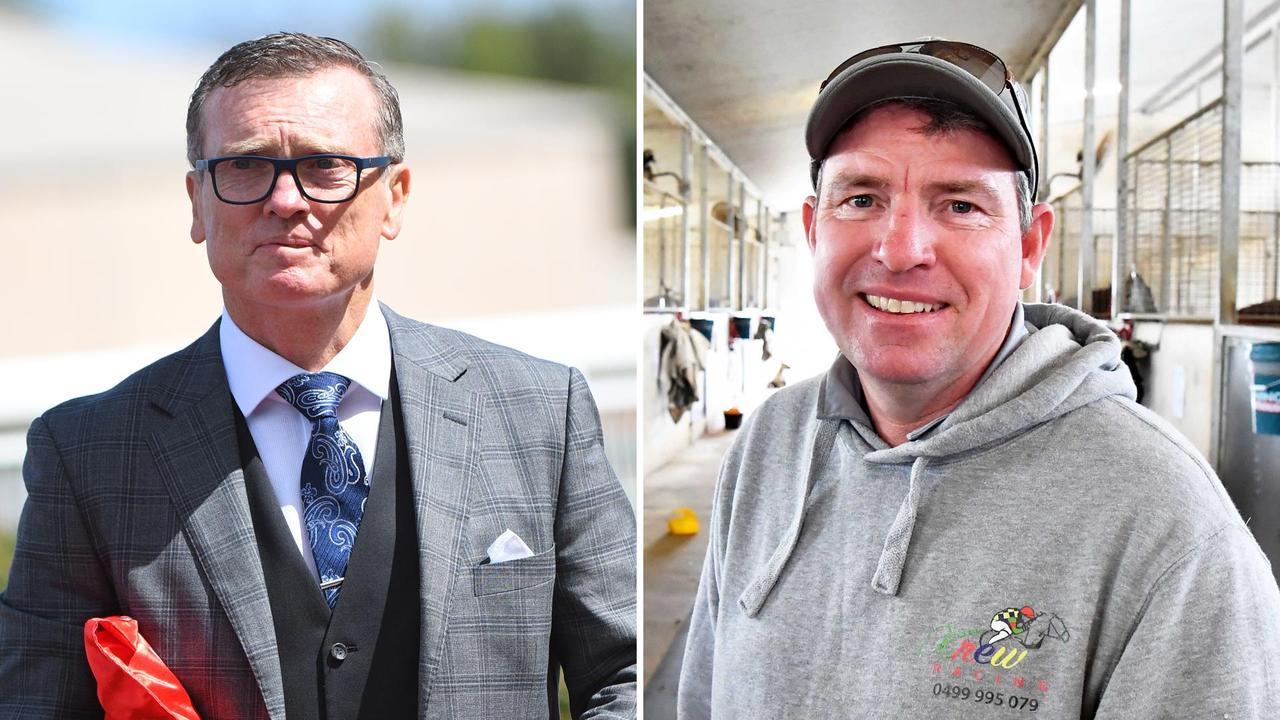A fortnight ago, there would have been no questioning the devotion felt by Lebanese Shia Muslims for Iran. As for their brethren across the Middle East, Iran has long been their political and spiritual lodestar. “What the Vatican is for you Christians, Iran is for us Shia – only more so,” one is often told by Shias in and elsewhere in the region.
Yet with Iran shying away from direct confrontation with Israel even as – its creation and most important proxy – lurches ever deeper into crisis, there are mounting signs that, in Lebanon at least, loyalty has begun to slip. Beirut’s famous Corniche, a seaside promenade where fashionable residents of the Lebanese capital have long come to take the air, has for the past few days become a refuge for many Shia Muslims fleeing on the city’s southern suburbs. Among this community of the newly homeless stretching the length of the three-mile esplanade, it is not difficult to find discontent directed at , with emotions ranging from philosophical disappointment to angry accusations of betrayal and outlandish conspiracy theories.
“If Iran had wanted to help, they would have helped a long time ago,” said Hana Mrad, a 43-year-old housewife who has been sleeping in her car with her two daughters since the air strikes that killed , Hezbollah’s leader, on Friday evening. “Everyone has abandoned us and now Iran has, too.” Other Shias, of the man many knew simply as “Sayyid” or “Master”, hinted at deeper and darker b.


















